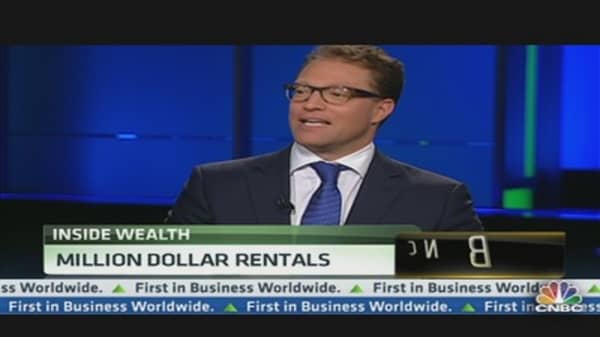Global wealth grew faster in 2012 than in the previous two years, boosting the number of millionaires and improving the outlook of the wealthy, according to new studies.
Private investable assets were up 7.8 percent last year, versus rises of 3.6 percent in 2011 and 7.3 percent in 2010, according to the Global Wealth 2013 report released Thursday by the Boston Consulting Group.
The study calculated the global number of millionaires at 13.8 million, or 0.9 percent of households. BCG calculates millionaires by investable assets, excluding a primary residence or business.
(Read More: Why Millionaire Investors Are Holding On to Cash)
One major driver of the uptick—the rising stock market—has also buoyed the Spectrem Millionaire Investor Confidence Index, which measures the outlook of wealthy investors. The latest reading Wednesday was at a two-and-a-half-year high. Spectrem Group measures millionaires differently than BCG does, assessing total net worth minus a primary residence.
Still, that brings the numbers almost back to where they were in 2007, before the financial crisis, said George Walper, president of the Spectrem, a Chicago-based consulting firm.
"Markets being up has been a great boost morale-wise," Walper said. But, he added, "this population is still really concerned about the recovery being long term, and about unemployment rates. They know that a great deal of the recovery has been supported by the government."




